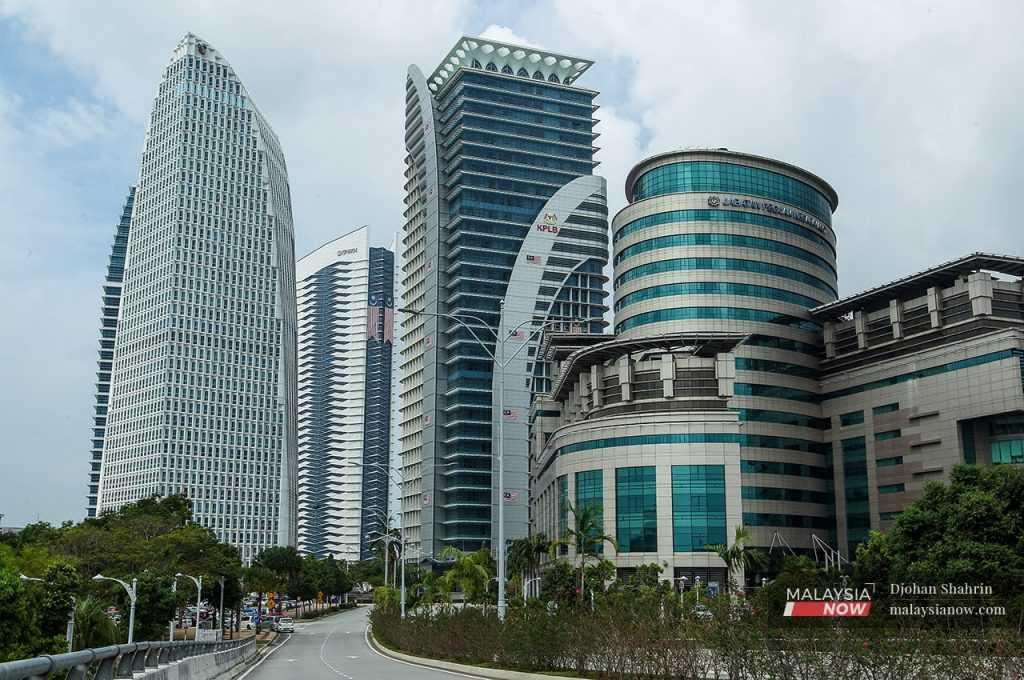AGC denies selective prosecution, persecution
Attorney-General Idrus Harun says charges are brought based on evidence and facts, not the demands of any party.
Just In
The Attorney-General's Chambers (AGC) has denied allegations of politically motivated selective prosecution and persecution of any individual alleged to have committed an offence.
Attorney-General Idrus Harun, in a statement yesterday, said that any decision to frame charges against an individual is based on evidence and facts, and not due to the demands of any party.
"The decision is based on evidence in the investigation papers, and does not favour any party based on integrity to ensure that victims, witnesses, the accused and the public obtain appropriate justice according to the powers of the attorney-general under Section 145(3) of the Federal Constitution," he said.
On July 18, Kedah Menteri Besar Muhammad Sanusi Md Nor was charged with two counts of sedition under Section 4(1) of the Sedition Act 1948 for allegedly inciting the public over his remarks on the appointment of the Selangor menteri besar and the establishment of the coalition government in a political talk last week.
He pleaded not guilty to both charges.
According to the attorney-general, if there is strong evidence of any individual committing an offence under any provision of the law, the individual in question can be prosecuted by the AGC based on the provisions of the law regardless of that person’s status and background.
Sanusi was arrested at about 3am in Kuala Lumpur on July 18 after the police said their calls to him and his officers for him to be present in court "were rejected".
Several parties then criticised his early morning arrest and alleged that the charges against him were politically motivated, selective prosecution.
Subscribe to our newsletter
To be updated with all the latest news and analyses daily.
